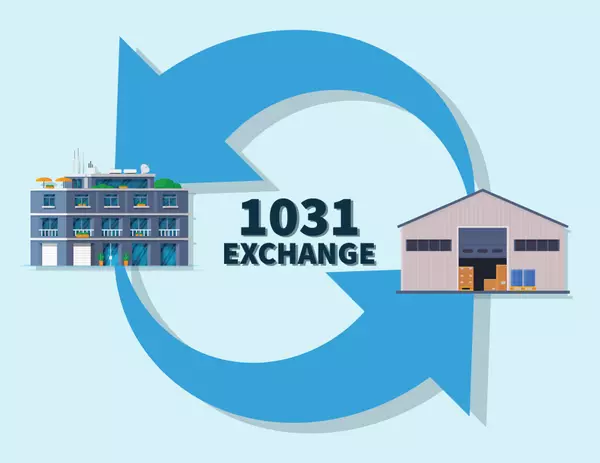1031 Exchange
Navigating the complexities of real estate investing can be daunting, but understanding tools like the 1031 Exchange can make a significant difference. This tax-deferral strategy allows investors to reinvest proceeds from a sold property into a new one, deferring capital gains taxes and potentially maximizing investment growth.
**Market Update:**
The real estate market continues to show resilience despite economic fluctuations. Property values are on a steady incline, making it an opportune time for investors to leverage the 1031 Exchange. Residential and commercial properties remain in high demand, with multifamily units and industrial spaces particularly attractive due to their robust returns and lower vacancy rates.
**Real Estate News:**
Recent legislative discussions have highlighted potential changes to tax laws that could impact 1031 Exchanges. Investors should stay informed on these developments as they could influence future strategies. Additionally, the rise of remote work has shifted demand patterns, prompting savvy investors to consider suburban and rural properties for their exchanges.
**Investing:**
A successful 1031 Exchange requires careful planning around several key elements:
- **Property Type:** Both relinquished and replacement properties must be held for investment or productive use in a trade or business.
- **Timeline:** Investors have 45 days to identify potential replacement properties and 180 days to complete the exchange.
- **Property Value:** The replacement property must be of equal or greater value than the one sold to fully defer capital gains taxes.
- **Taxation:** Utilizing a 1031 Exchange defers capital gains taxes, allowing more capital to be reinvested into new opportunities.
- **Definition:** A 1031 Exchange, named after Section 1031 of the Internal Revenue Code, permits deferral of capital gains taxes on exchanged properties.
- **Fees:** Costs associated with a 1031 Exchange can include intermediary fees, legal fees, and closing costs.
**Qualified Intermediary:**
Engaging a qualified intermediary (QI) is crucial as they facilitate the exchange process by holding sale proceeds until reinvestment. The QI ensures compliance with IRS regulations, making their role indispensable for a smooth transaction.
In conclusion, staying abreast of market trends and legislative changes is essential for real estate investors considering a 1031 Exchange. With strategic planning and professional guidance, this tool can significantly enhance your investment portfolio while deferring hefty tax obligations.
Categories



